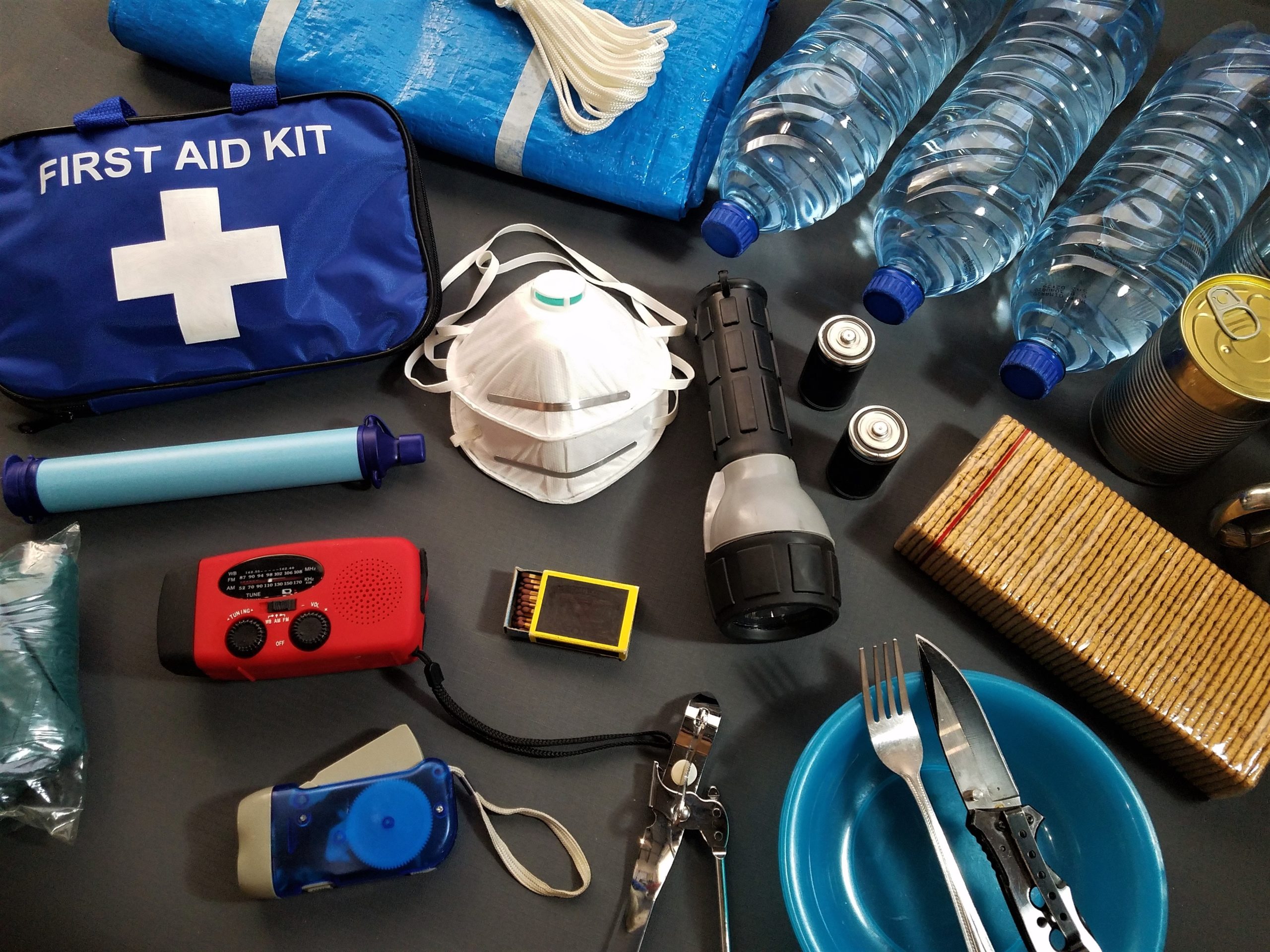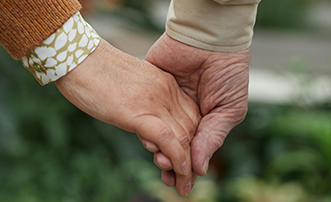People with dementia experience challenges in navigating their everyday tasks. Now imagine how scary, disorienting, or frightening it must be for someone with dementia who is experiencing an emergency. People with dementia may need assistance in preparing for an emergency and will likely need support and guidance in the event that one occurs. Putting together an emergency kit can be helpful in these situations.
In an emergency kit, particularly one that might be of assistance for those stuck at home for a period of time, it is helpful to gather and store things you might need if you are unable to leave the house. To start, ensure medications are refilled on time and gather first aid supplies or any wound care your loved one might need. Stock up on non-perishable and long-lasting food items such as ready-to-eat meals, canned items, or items that can be safely stored in the freezer, provided the power stays on. When preparing an emergency kit for someone with dementia, include activities for that person to do that will help pass the time such as card games, puzzles, books, knitting, and other things your loved one enjoys. You might also consider keeping extra phone/tablet chargers or extended battery packs.
Emergencies are not solely limited to weather-related events. It is important to plan for other types of emergencies, including medical emergencies, for people with dementia. You might consider a Personal Emergency Response System or a Medical Alert system to detect and call for help during a medical emergency such as a fall. However, consider your loved one’s ability to remember to push a button or call for help in an emergency. If your loved one lives alone, make sure that trusted support people such as close family, friends, or neighbors have extra keys to that person’s home so they can enter the home if necessary.
Preparing and supporting emergency personnel to appropriately respond to your loved one can help avoid poor experiences for both the responders and your loved one. Consider documenting your loved one’s health information in a “File of Life” (available at ADRC) and sticking it on the fridge or other visible place so that emergency personnel can easily gather information that is pertinent to your loved one. In the File of Life, you can include information about your loved one’s dementia such as things that calm them, sensory items, how your loved one shows distress, and any other potentially helpful information. ADRC can provide a form for this as well!
In most cities/counties, you can ask
9-1-1 personnel to “flag” your loved one’s address to let first responders know that there is someone with dementia living there. This can help prepare officers, EMT’s, or other emergency personnel of how they may be able to best communicate with your loved one and gives them an idea of what to expect when they respond.
No one can plan when an emergency (weather or otherwise) might happen. If, and when, one does, you’ll be thankful you’re prepared!




